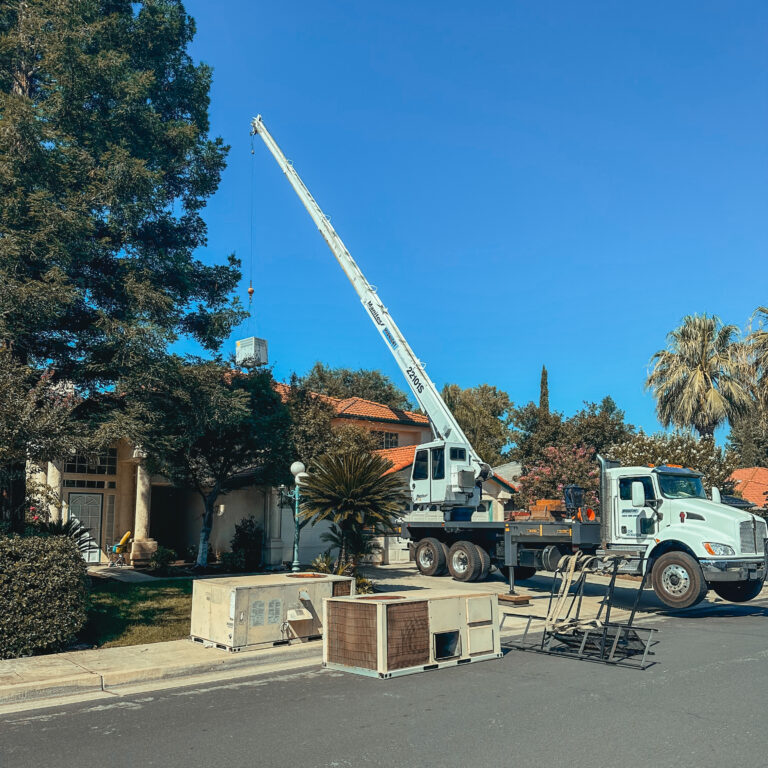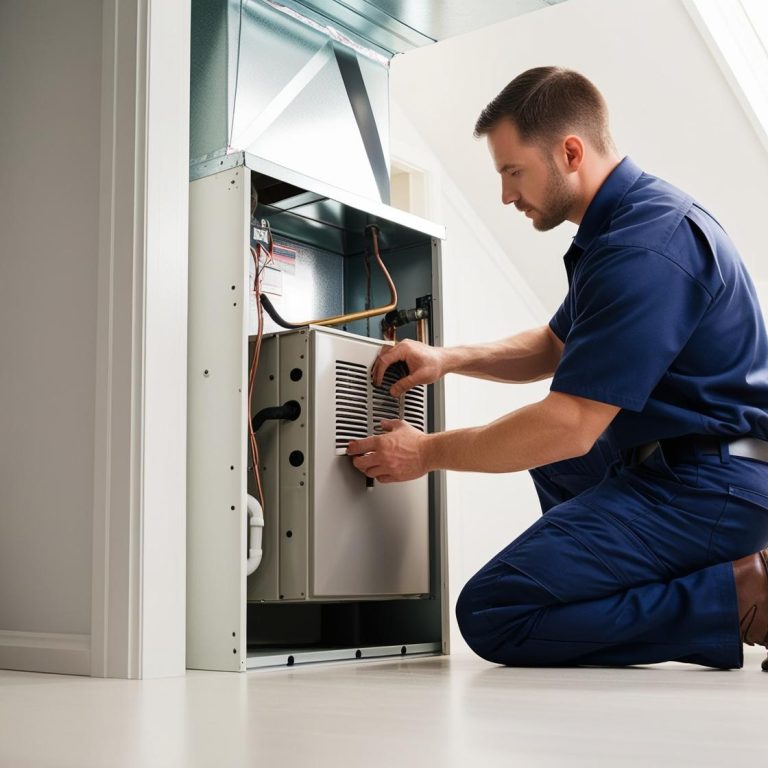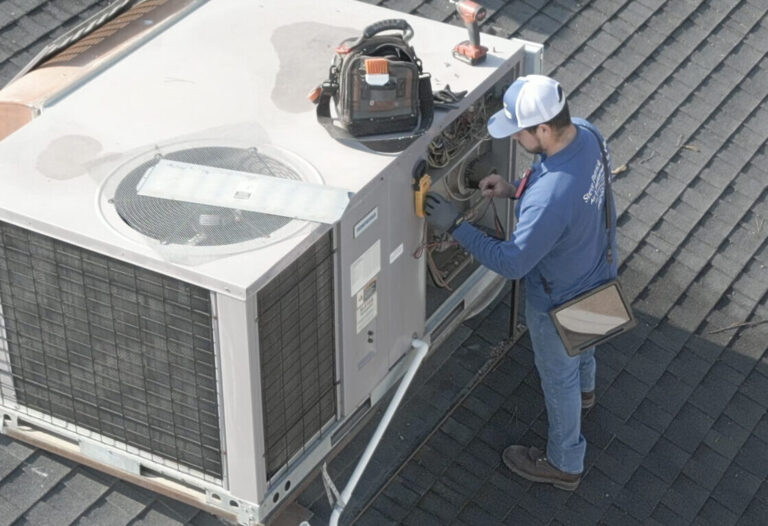As temperatures continue to soar during hot summer days, the last thing you want to experience is an HVAC system malfunction. Similarly, when winter is in its peak, the malfunctioning of your heating system could make your life miserable. It is essential to have properly sized HVAC units to maintain comfort in your home or office. Choosing the right size of HVAC units for your home or office can be a daunting task. It is important to remember that installing an HVAC system that is not properly sized can lead to costly energy bills and health issues. In this blog post, we will explore the basics of HVAC selection and sizing.
HVAC size and its importance
The term “HVAC size” refers to the amount of heating or cooling power needed to provide comfort to your home. When it comes to sizing your HVAC system, it is crucial to consider factors such as the size of your home or office, local climate, and the number of occupants. A wrong-sized HVAC system can lead to imbalanced temperatures, poor indoor air quality, and increased energy bills.
Calculating the size of your HVAC system
The calculation for the size of an HVAC system is based on a measure called British Thermal Units (BTUs). One BTU represents the amount of energy needed to heat or cool one pound of water by one degree Fahrenheit. The size of the HVAC unit required depends on the total number of BTUs needed to maintain a comfortable indoor temperature range. To calculate the required number of BTUs, take into consideration factors such as your ceiling height, the number of windows, the square footage of your rooms, and other relevant factors.
Professional sizing calculation
Although there are DIY methods to calculate the required size of an HVAC system, it is highly recommended to seek the services of professional HVAC contractors. A professional contractor will perform an onsite inspection to determine the right-sized HVAC system for your home or office. They will take into consideration factors such as the type of insulation, room orientation, as well as your lifestyle habits. A properly sized HVAC system will operate more efficiently, saving you money in the long run.
Oversizing and undersizing
Purchasing an oversized HVAC system can result in significant energy wastage as it will be turned on and off repeatedly to maintain the indoor temperature. An HVAC unit that is too small, however, will need to work harder and longer, which will eventually lead to its breakdown. Additionally, undersized systems are unable to maintain a consistent comfort level in your home or office, leading to temperature fluctuations.
Upgrading or replacing an HVAC system
If you are looking to upgrade or replace an existing HVAC system, it is important to consult a professional HVAC contractor. They will be able to provide advice on the best replacement unit based on the performance level of the old model, as well as other factors such as the ductwork, type of fuel used, and other environmental factors.
Choosing the right-sized HVAC system for your home or office can be a daunting task. A properly sized HVAC system can help maintain comfortable temperatures, while an incorrectly sized unit can lead to increased energy bills and health issues. Utilize the services of a professional HVAC contractor to determine the right-sized HVAC system for your home or office. The overall cost savings will outweigh the initial expense of a professional sizing calculation. Remember, when purchasing or upgrading an HVAC system, it is essential to prioritize efficiency, comfort, and proper sizing.






